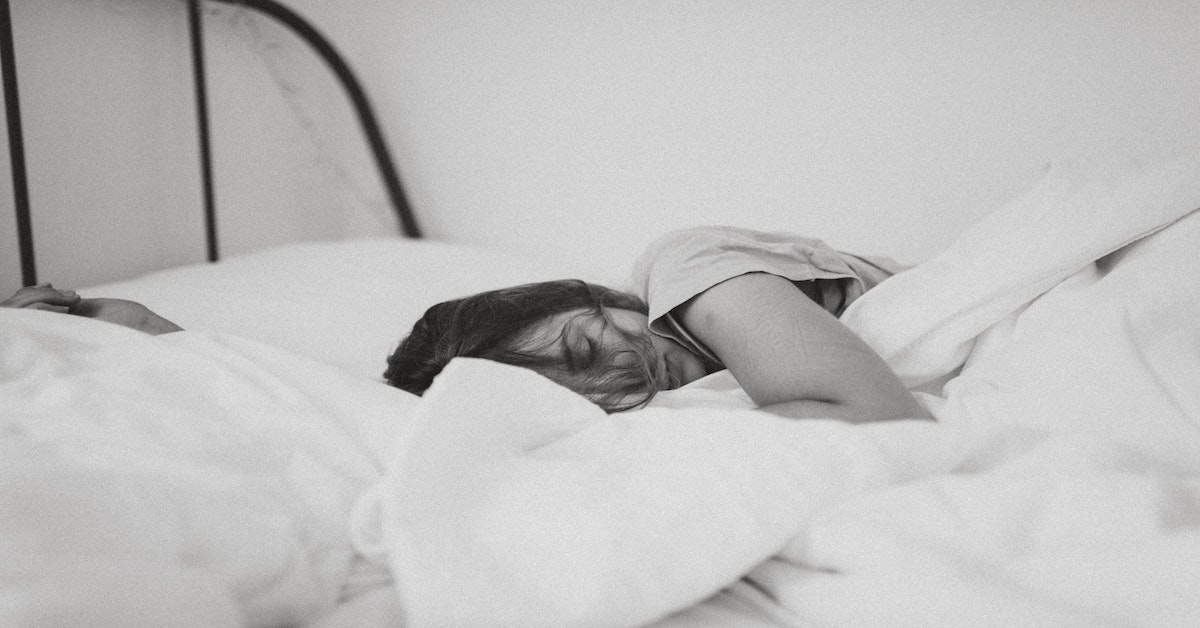Have you felt challenged when falling asleep or that the sleep was not great even if you did? These are some ways to get better sleep.
Sleep is one of the most important things that we need. You could say sleep is a requirement for us to survive. Also, you could get different qualities of sleep. You can get good or better sleep that has so many benefits. Conversely, not getting good sleep or lack of sleep is linked with adverse effects and can even lead to more severe consequences such as vulnerable immune systems, heart attacks, and diabetes.
You are probably wondering what can be defined as good sleep. Good sleep is associated with getting enough sleep without or with very minimum distraction. The recommended hours you should be sleeping are between 7 to 9 hours every day. There are various ways you can prepare to get better and eventually to the point where you can say that you had an excellent sleep. Without further delay, here are some ways to get better sleep.
1. Schedule Your Sleep
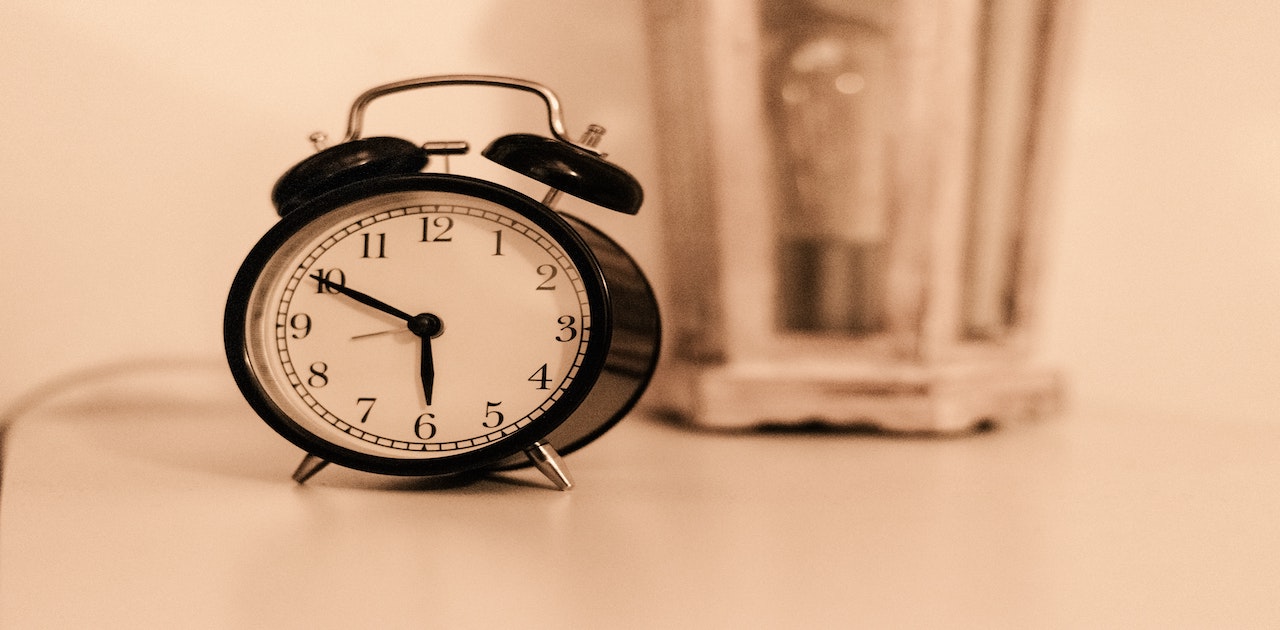
Time can play an essential role in diverse situations and yes, as you might have guessed, so does it for sleep. After all, time can be one of the most common, strong cues and influential factors when trying to do something at a particular time. It can be more effective if you are trying to fall asleep every day in a fixed time. So, the first thing you can explore when aiming to get better sleep is to work on scheduling your sleep, which can help you in various ways.
If you want to sleep at a specific time every day, schedule your time starting from when you want to sleep. When the chosen time comes, leave everything and go to bed, leaving everything where it is even if you can’t fall asleep easily in the early stage. Focus on lying down, closing your eyes, and getting relaxed. By doing this, you let your body know that this time is for your sleep. As you follow your scheduled sleep consecutively every day for a while, you should notice that falling asleep at the allocated time is much easier. Find out more here about managing your time efficiently.
2. Have An Alarm
Getting an alarm is a great idea to help you schedule your sleep better, and it assists you by reducing your stress of needing to find out what time it is when you wake up. You need to schedule what time you wake up, getting recommended time between 7 to 9 hours for good sleep. Pair an alarm clock or even your phone alarm with your scheduled time to sleep, especially if you are someone who worries about oversleeping, so you tend to wake up earlier than necessary. If you are interested in ways to be more awake if you didn’t get a good sleep, check over here.
3. Control The Light & Exposure You Get
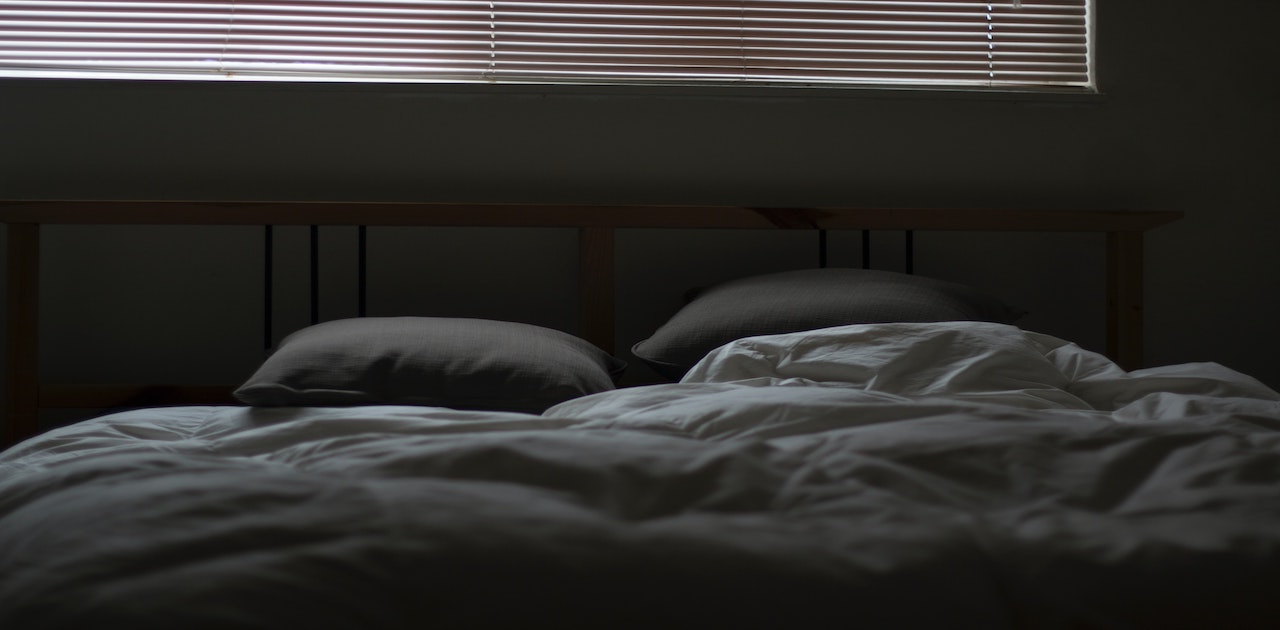
When you attempt to fall asleep, light can become a cue that signals time for you to sleep. Therefore, you must stay in control of the light you get exposed to near your sleep time. For instance, you should work to get exposed to bright sunlight during the morning, so your body gets the cue that it is time to stay awake. It would be best to use light cues to get your body to recognise when it is time to sleep and at night when it is dark.
Multiple factors and types of light can affect your ability to fall asleep and affect your sleep quality. One of the most common lights is the blue light emitted by the television, mobile phone, and computer. It disturbs your ability to sleep by blocking a hormone that makes you sleepy called melatonin. As a recommendation, you shouldn’t try to avoid being exposed to blue light between 2 to 3 hours of sleep, especially if you can’t fall asleep easily.
In addition to the blue light, it is helpful for you to limit your exposure to bright lights between 1 to 2 hours before your sleep. Going further than being exposed to blue or bright lights, you can try to change the light in your bedroom. Some lights can help you get better sleep, such as red light, which gives you a warm feeling, and dim light that is not as bright as LED light. The most effective way would be to keep your room dark when sleeping.
4. Change Your Bedding To Fit Your Season & Needs
Colours and temperature can play an essential role in helping you get better sleep. It would help if you changed your bedding to fit the season better or even for your needs. There are numerous changes you can make. After all, your bedding can affect your temperature during sleep, and some blankets can even have therapeutic benefits. Also, certain colours are best for you when you try to sleep, and changing your bedding to these colours can help you.
A weighted blanket is one of the blankets that can be helpful for you when attempting to sleep. Depending on how heavy you want the blanket to be, there are various weight ranges. However, weight blankets can have therapeutic benefits that help to reduce anxiety and stress. Anxiety and stress can affect your quality and your ability to fall asleep. It can be quite warm if you are looking for a warm blanket.
Colours can change your emotions and give a various sense of mood. Since colours can affect how you feel specifically, some can help you fall asleep, such as pastel and muted colours. For instance, the blue colour can give you a sense of stability and calmness, which can help you feel more relaxed to get better sleep. When you change your bedding to fit your needs, consider colours and temperature or blankets to help you fall asleep easier.
5. Take A Shower/Bath Before Sleeping

Your body temperature starts to fall as you get closer to your sleeping time. It can be helpful to adjust your temperature to between 18 to 20 degrees Celsius. So, it would help if you considered taking a shower or bath before you get to bed. Taking a shower or bath can help you support your body to adjust body temperature better. You can take a warm or cold one.
It would be best to take a shower or bath between 1 to 2 hours before sleeping. This way, you don’t disturb and give your body time to prepare for sleep. Adjusting your body temperature can be crucial if you want to fall asleep faster and easier. If you are interested in learning more about how to take the best bath, find out here.
6. Consider What You Eat & Drink
Eating and drinking certain types of things and the time you consume them can affect your quality and ability to fall asleep. These can range from simpler to more complex things such as drinking the liquid before at least 2 hours of sleep so you don’t wake up during sleep and not eating late so that your body can be resting instead of still working to digest the food you ate late.
It would be best to consider what you consume, especially for dinner, and if you have evening snacks. You shouldn’t overeat for dinner, particularly if you are a late eater that you would still be digesting on your bed. Furthermore, it would help if you considered what food or snack to eat, such as not eating sugary food that could give you quick energy to make you more energised but a healthier snack.
Additionally, it would be best to not intake caffeine late at night, such as coffee or even energy drinks that can give you fast short-term energy, allowing you to stay more awake. Also, you should be mindful of drinking alcohol and avoid it before sleep. Alcohol can seem like helping you fall asleep as it induces drowsiness, but it can lower your sleep quality and often can make you wake up earlier than necessary.
If you need more support for getting to sleep, taking vitamins and supplements can help you.
Vitable is a vitamins and supplements provider that delivers right to your door and aims to provide you with personalised approach to nutrients. They have broad range of vitamins, minerals and supplements to suit your needs. Plus, receive a 30% discount for your first month via the above link.
7. Get More Active
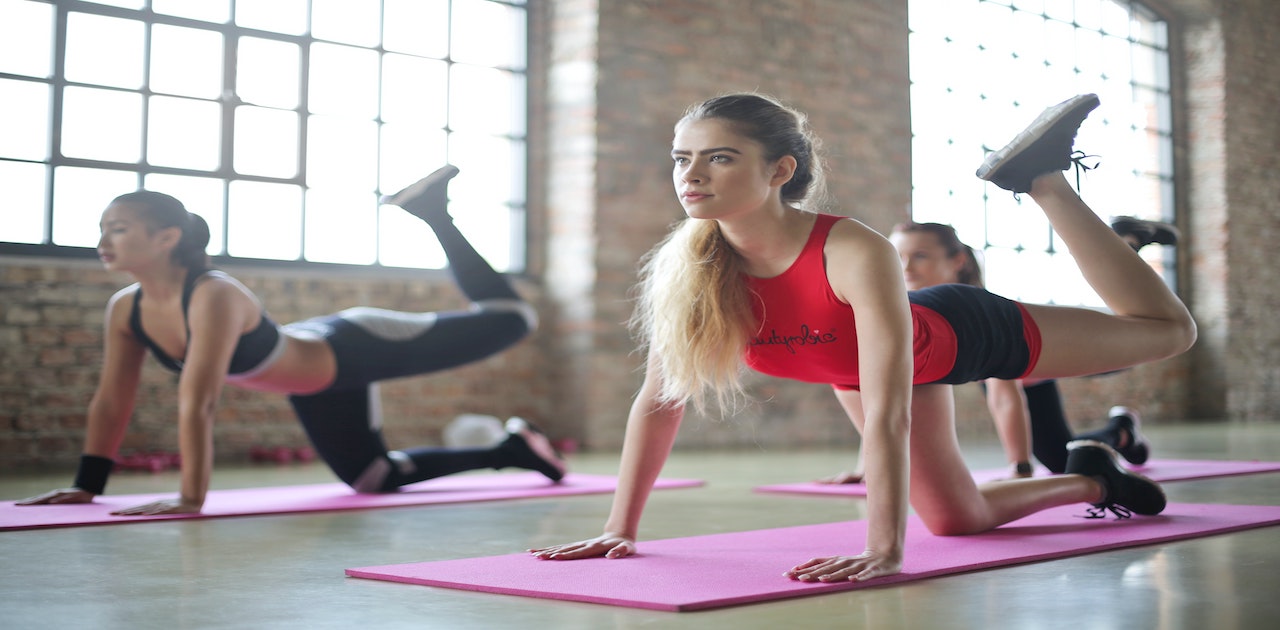
If you can’t fall asleep due to the exceeding energy you might have, try getting more active. You don’t need to start heavy exercises, but they can be light exercises that use exceeding energy. However, when you exercise can be pretty significant. It would be helpful to exercise between at least 1 hour to 3 hours before you sleep. Exercising can increase your heart rate and stimulate your nervous system, making falling asleep difficult.
Otherwise, it would be best to exercise to use up some of your energy in the day. Also, if you have the accessibility, you can pair it with other activities such as swimming which can help you adjust your body temperature. Both heated and cool swimming pools can have similar effects using their process of changing your body temperature. You can take a cool or warm shower if you don’t have a swimming pool or bath available after getting a good sweat before you sleep.
8. Find Activities That Help You Sleep
There are numerous activities you can do that helps you to get better sleep, ranging from relaxing to energy-consuming exercises. Explore different available activities considering the benefits that activity can provide and if it aligns with your needs, such as mindfulness activities to calm you down or aerobic exercises that can help with energy consumption.
Depending on your needs, you can narrow activities and explore the diverse options, as some provide similar effects. For instance, if mindfulness activities are not your thing, you can try yoga and meditation that can help you relax before you go to sleep. Also, when you start to explore what you can do before bedtime that doesn’t disturb your sleep, such as being exposed to bright or blue light, you will find that you have abundant choices.
9. Equip Yourself For Sleep
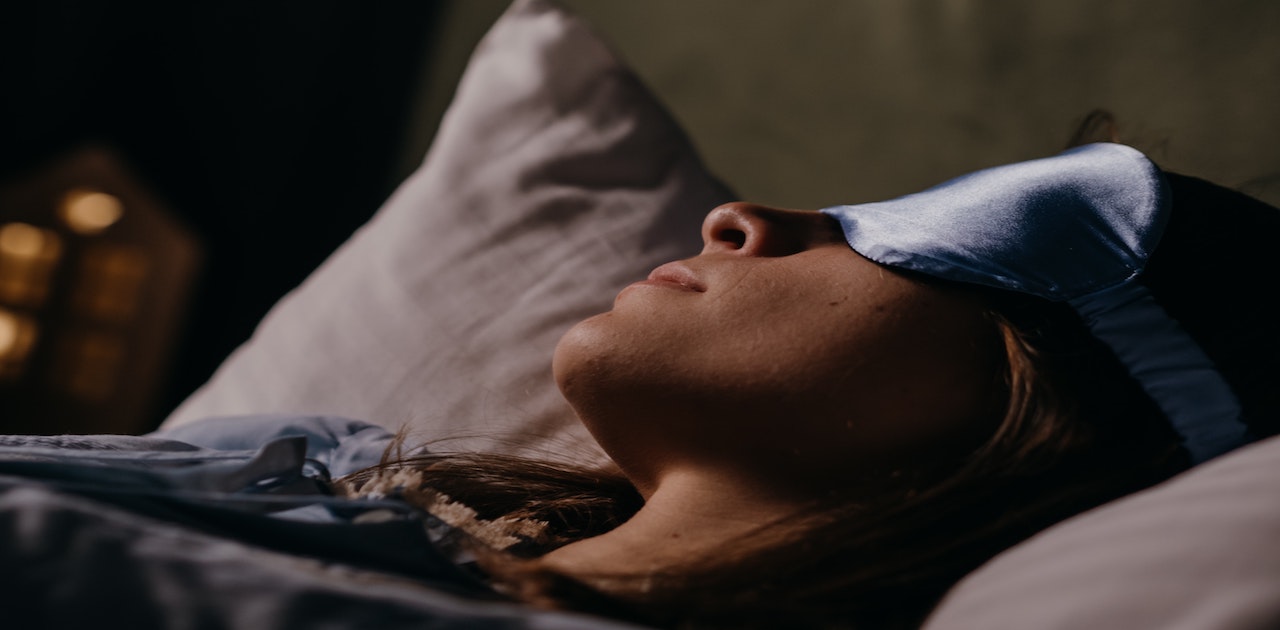
Find things that can help you get better sleep. Depending on your preferences and needs, this can be different for you. For instance, if you are sensitive to sound, you can get earplugs, and if you like to cover your eyes for sleeping fully, you will get an eye mask. Also, aromatherapy can help to feel relaxed and get better sleep too. You should equip yourself for sleep and use what worked for you or try other methods to find what works for you.
You can adjust your bedroom temperature to the recommended temperature of between 18 to 20 degrees Celsius to help you fall asleep faster and get the best sleep possible. Turn devices or things that can be disturbing for your sleep off. Put your phone in the airplane or don’t disturb mode so that your phone doesn’t disturb your sleep.
Additionally, this may sound out of place, but you might benefit from turning off your wifi router or moving it far away from your bedroom. It can impair your melatonin production due to the frequency and energy produced by the router.
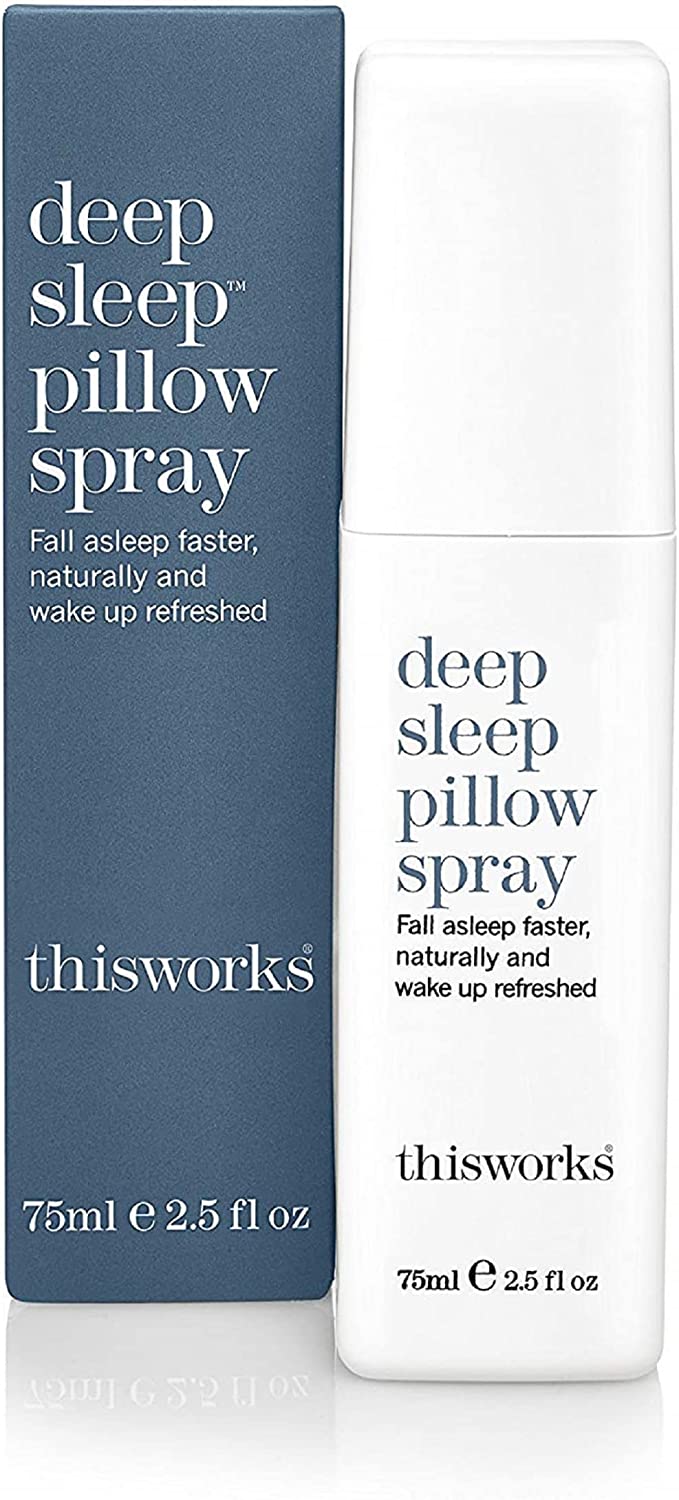
10. Take Time To Slow Down
When preparing to get into bed, take some time to slow down. You had an exciting and wild day with so many things happening, even leaving you with something to ponder on. Stress and anxiety can have adverse effects when you are attempting to sleep. You can partake in activities that reduce stress, such as mindfulness activities, aromatherapy or listening to calming music, and you can even fall asleep while listening to the music. However, you shouldn’t wear a headset or earbuds for music.
Try not to think about too many things. Sometimes, having many thoughts working in your head can be quite disturbing and can even cause worries that aren’t helpful when you are trying to rest. Therefore, you must take some time before you sleep to put yourself in a position to have the best rest so you can relax and fall asleep in an optimal condition.
As sleeping is one of the most important things that we need, you need to make an effort and aim to get a good sleep between 7 to 9 hours every day. It is essential that you find out what works for you and helps you to fall asleep. Explore diverse ways and find the best way to get better sleep.
Scheduling time can be one of the most effective ways to create a routine for sleep supported by time cues, which is a common influential factor, especially for fixed behaviour. Additional to scheduling time, try out different ways such as taking a bath, exercising, and being more careful with what you consume before bed to see if it is suitable for you and helps you fall asleep.

